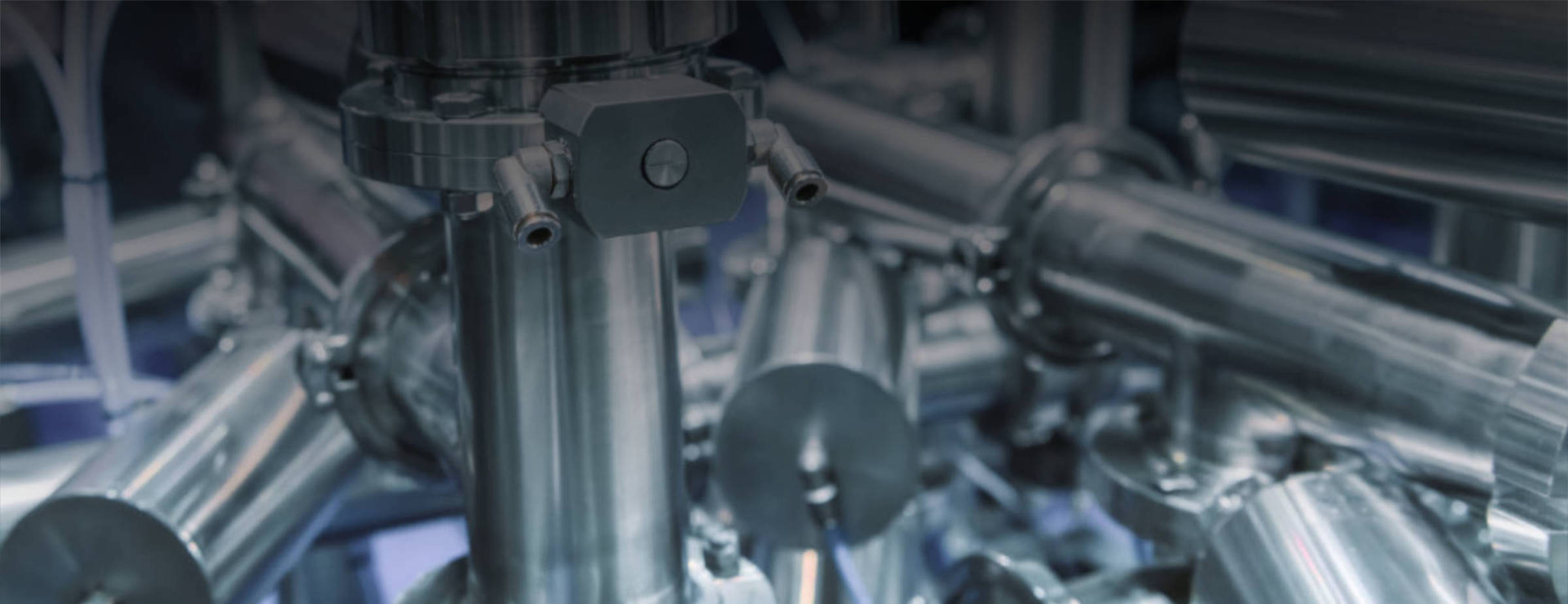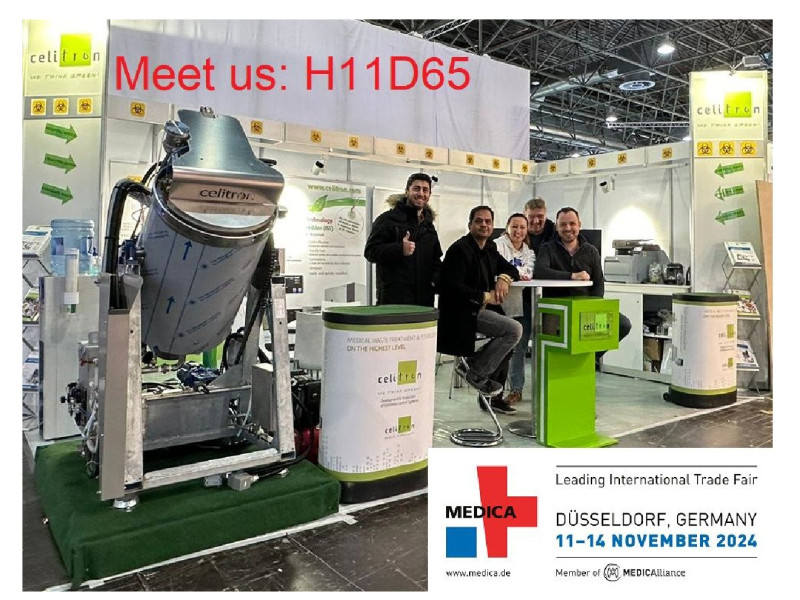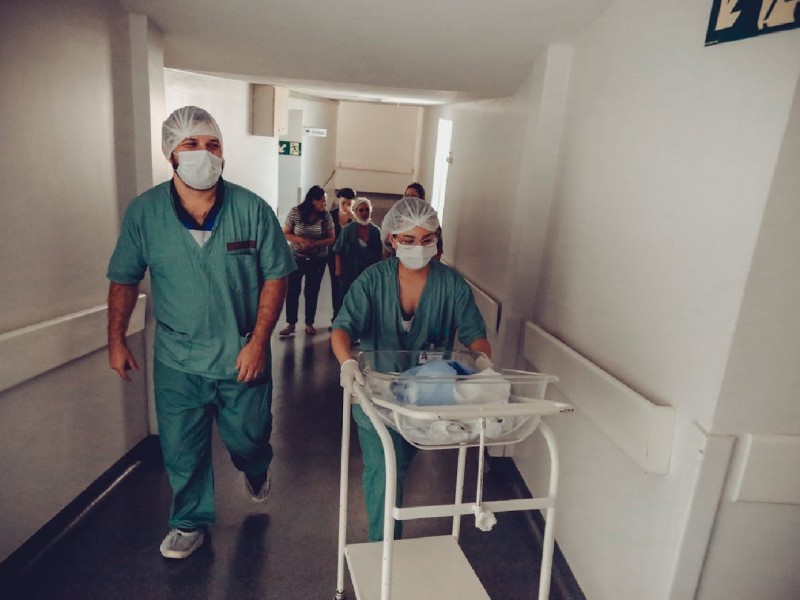
Blog

Celitron's AGRI technology_2024
Celitron's AGRI technology leverages a unique sequence of technological steps that streamline the entire animal by-product rendering process

Celitron at Medica2024, Düsseldorf. H11D65
Celitron Launches First Day at the Medica Exhibition in Düsseldorf

Successful Medica 2024 & Special Celebration 20th anniversary
Medica Exhibition - anniversary celebration

Top 10 benefits of Celitron's stainless-steel sharps disposal machine
Celitron’s ISS (Integrated Sterilizer and Shredder) is a stainless-steel sharps disposal machine that can help you avoid the spread of infections and facilitate the entire waste management process at hospitals, and even smaller clinics as well. Without further ado, here are the top 10 benefits of using Celitron’s ISS!

Protecting hospital staff by choosing an autoclave sterilizer with automated safety features
Equipped with a myriad of automated autoclave safety features, Azteca A sterilizers not only protect personnel but also uphold the highest standards of sterilization efficacy, thereby fostering a safer and more efficient healthcare environment. In Celitron’s next article, you will find out more about how you can safeguard patient and staff safety, as well as meet stringent regulatory standards!

The smart choice for hospitals: sharps disposal done right with Celitron's ISS
In hospitals, sharps disposal is one of the most important challenges. In Celitron’s next article, you will learn more about how you can easily meet regulatory standards and make your working environment safer for patients and staff – all in a cost-effective way with Celitron’s ISS!

How long does an autoclave cycle take to sterilize medical items?
In Celitron’s next article, we will delve deeper into the factors that influence the cycle times of onsite medical equipment and waste treatment solutions. We’ll also tell you which category of autoclave can be faster and more effective at sterilizing medical items!

How to use a medical needle disposal machine: destroy your sharps waste onsite!
In Celitron’s next article, you will learn more about how to make your working environment more secure for your staff and patients, as well as facilitate the medical needle disposal process with your own onsite sharps disposal machine!

A key player in infection control: The autoclave advantage for hospitals
Infection control and prevention remain a paramount concern in hospitals – fortunately, autoclaves can present these medical facilities with lots of advantages. In Celitron’s next article, we will delve deeper into the benefits of cutting-edge, onsite infection control technology such as steam sterilization!

How to make the hospital waste sterilization process easier and safer: 5 important tips and procedures
Welcome to a new guide by Celitron on making the hospital sterilization process both easier and safer! In this article, we will explore five crucial tips and procedures that healthcare professionals should implement to enhance the efficiency and reliability of sterilization in hospitals.

How to choose the best shredder for medical waste: 6 features you should take into account
In Celitron’s next article, we will delve into the essential factors you should consider when choosing the best shredder for medical waste. By the end, you'll be well-equipped to make an informed decision that ensures the safety and efficiency of your waste disposal process!

Autoclave unwrapped cycle time: do all healthcare instruments need to be bagged for sterilization?
Autoclaves play a pivotal role in healthcare facilities, serving as the frontline defense against the spread of infections. In Celitron’s next article, we will explore the concept of the unwrapped autoclave cycle and its significance in healthcare settings.